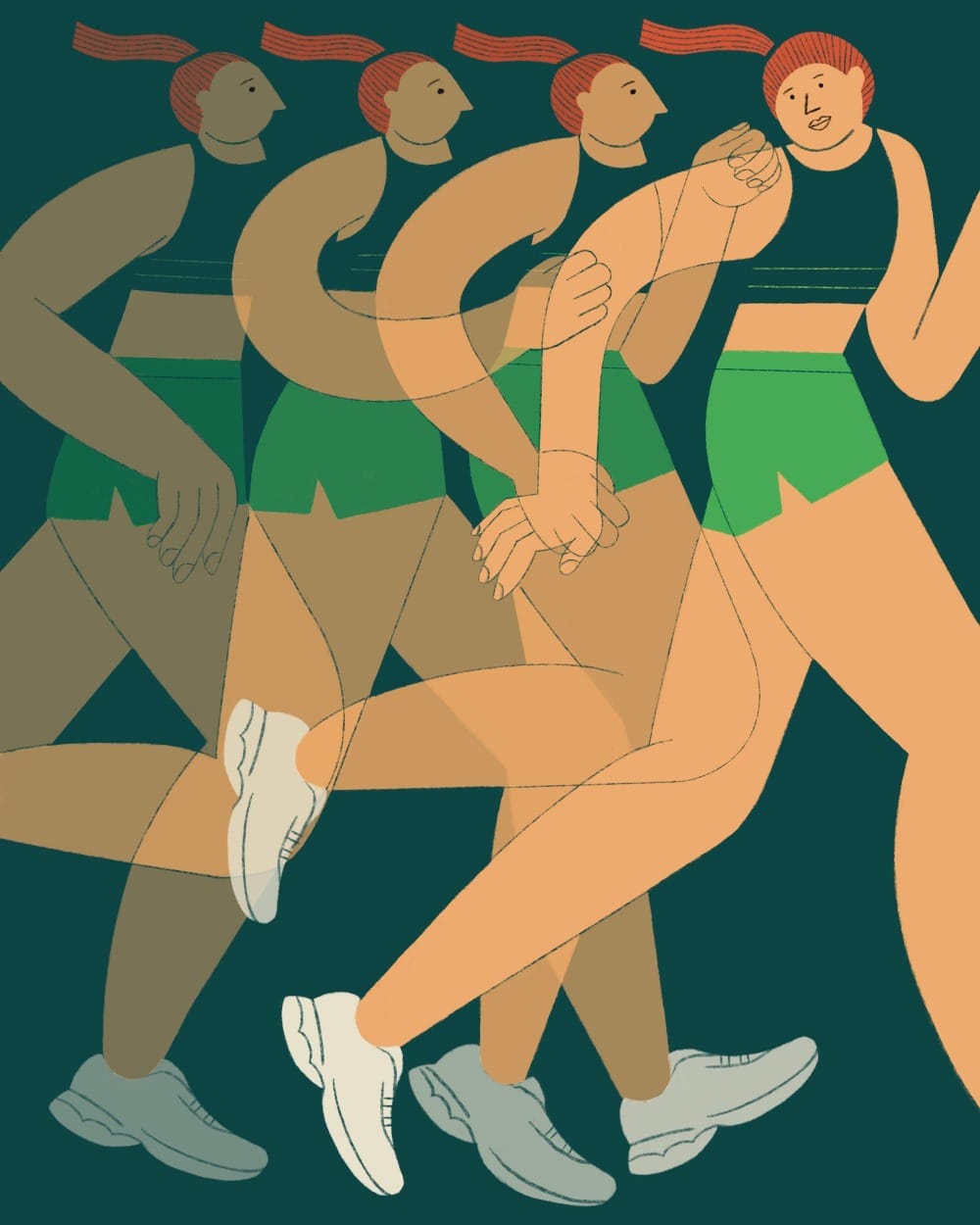The Pain and Joy of Not Running the Marathon
Sure, I can run a marathon. But I can also not. And maybe, just maybe, in a few years I’ll be able to.

The Persistent is available as a newsletter. Sign up here to get it delivered to your inbox.
In March 2014, I completed my first marathon in four hours and 58 minutes. It was a blustery day, but the British drizzle had no chance of dampening my mood as I crossed the finish line, because my body had done far more than conquer 26 miles.
Eight years earlier—in 2006—just as I was about to graduate from high school, I had developed a severe eating disorder.
I’ve never been able to pinpoint exactly what caused it. Perhaps it was a nasty remark from a thoughtless boyfriend, or an awkward photograph that skewed my self-perception. Or, maybe I was just wired that way. Whatever it was, in the years that followed, I cycled through anorexia, bulimia and a hellish hybrid of the two. It got so bad that at times I wasn’t sure I wanted to keep going; I just didn’t know if I could. I self-harmed. I was always cold. My heart beat irregularly and the voices in my head roared in my ears at all hours of the day and night. I cried, I lied, and I ran to escape it all.
According to research, almost half of all eating disorders occur in conjunction with an exercise addiction, and I fell squarely into that 48%. I started running almost exactly when I stopped eating, and the more I ran the less I ate.
But I was fortunate. I had parents who arranged drastic medical interventions, including two hospitalizations each for three-month stints. I had doctors who treated me like an adult, and who gave me agency in my own recovery. As the years passed and I continued to recover, I found purpose in work and study, eventually making friends who helped me rediscover the levity in life: reasons to laugh.
The ugliest facets of my old life began to fade away: the way the hospital linens scratched my skin, the dark jokes about being an inmate, the glasses of water some of us would chug before a weekly obligatory weigh-in.
And my body got stronger and more resilient. I rebuilt muscle and fat. I wasn’t always shivering. I stopped feeling faint when I stood up too quickly. I learned to taste food in all of its depth and complexity, and even acknowledge that I enjoyed it. At a glacial, but steady pace, the guilt that fueled so much of this terrible disorder began to ebb.
‘This One Indulgence’
But the running never really stopped.





